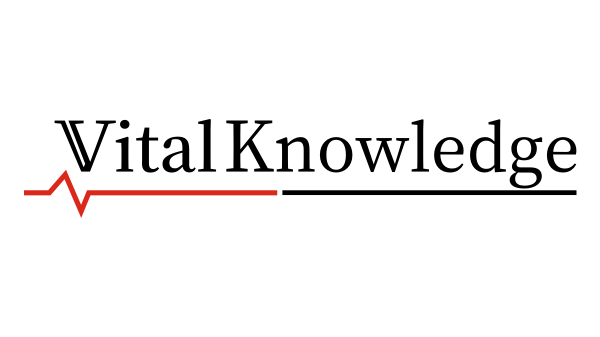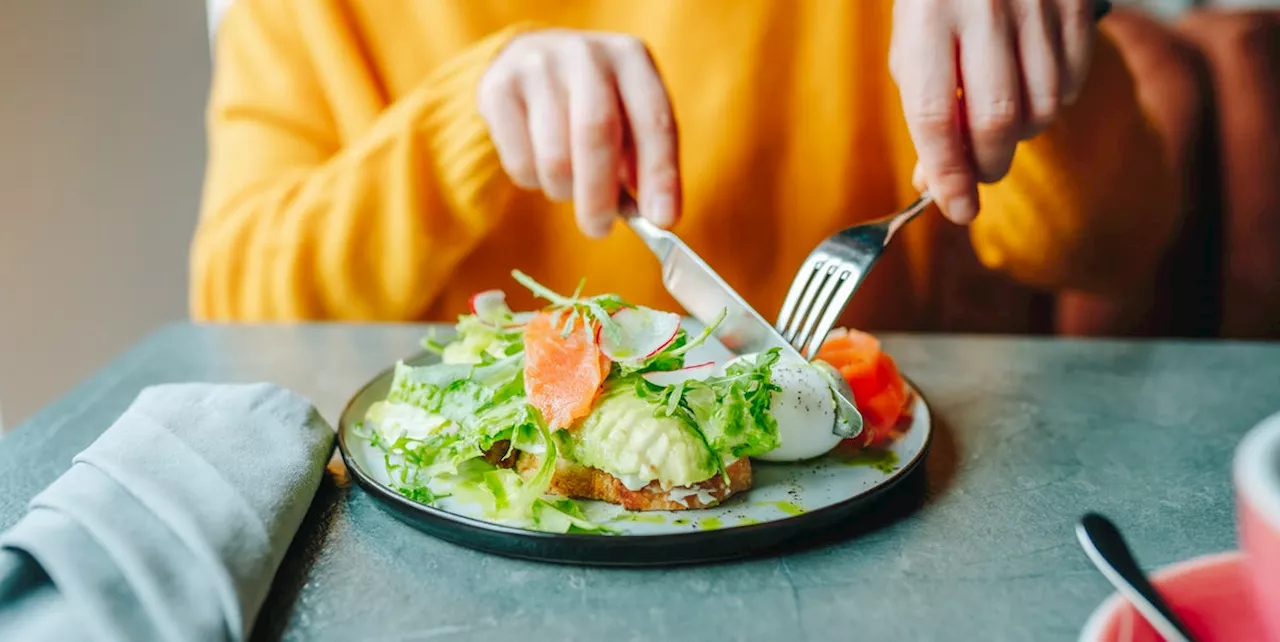Recent insights from dietitians reveal a variety of foods that offer higher potassium content than the commonly recognized banana. Foods such as avocados, sweet potatoes, and salmon not only enhance heart and muscle health but also provide a wealth of other nutritional benefits. Potassium is essential for numerous bodily functions, including regulating fluid balance, supporting muscle contractions, and maintaining healthy nerve function.
A diet rich in potassium is associated with lower blood pressure and a reduced risk of stroke, highlighting the importance of incorporating such foods into daily meals. The recommended daily intake for adults stands at approximately 3,400 mg for men and 2,600 mg for women. In comparison, a medium banana contains about 422 mg of potassium, which accounts for roughly 9% to 12% of daily needs. Below are several foods that can help individuals effectively meet their potassium goals.
Potassium-Rich Foods That Outshine Bananas
Nutritional values referenced are sourced from the United States Department of Agriculture FoodData Central to ensure accuracy.
**Avocado**
Potassium: 690 mg per half avocado, about 15-21% Daily Value
Avocados have gained popularity as a breakfast staple, and for good reason. This creamy fruit not only offers a delightful taste but also serves as a nutritional powerhouse. Just half an avocado provides more potassium than a whole banana. Additionally, avocados are abundant in healthy monounsaturated fats, fiber, and vitamin K, contributing to heart health and digestive regularity.
**Sweet Potato**
Potassium: 542 mg per medium baked sweet potato, about 12-16% Daily Value
Celebrated for its vibrant color and natural sweetness, the sweet potato stands out as another excellent source of potassium. A medium-sized baked sweet potato contains more potassium than a banana. This versatile vegetable is also rich in beta-carotene, an antioxidant converted into vitamin A, essential for vision and immune function.
**Spinach**
Potassium: 558 mg per 1 cup cooked spinach, about 12-16% Daily Value
Leafy greens like spinach are nutritional powerhouses, and cooking them enhances their nutrient concentration. A single cup of cooked spinach provides a significant dose of potassium, along with vitamin K, vitamin A, iron, and magnesium, supporting bone health and energy production.
**Watermelon**
Potassium: 640 mg per 2 wedges, about 14-18% Daily Value
Nothing says summer quite like a refreshing slice of watermelon. Beyond its hydrating properties, this juicy fruit is surprisingly high in potassium. Two large wedges can deliver nearly a quarter of daily potassium needs. Watermelon is also a notable source of citrulline, an amino acid linked to improved exercise performance, and lycopene, an antioxidant associated with a lower risk of certain cancers.
**White Beans**
Potassium: 600 mg per 1/2 cup canned white beans, about 13-17% Daily Value
Beans are a fantastic source of plant-based protein, fiber, and, of course, potassium. White beans, in particular, outperform bananas in potassium content, with just a half-cup serving exceeding the amount found in a banana. Incorporating beans into meals can enhance satiety and support digestive health.
**Dried Apricots**
Potassium: 755 mg per 1/2 cup, about 16-22% Daily Value
For those seeking concentrated sources of potassium, dried apricots are an excellent option. The drying process concentrates the nutrients, making them a rich source of potassium. These fruits can enhance trail mixes or be chopped into oatmeal or yogurt. However, it is advisable to consume them in moderation, as excessive intake may lead to higher sugar consumption than anticipated.
**Salmon**
Potassium: 624 mg per 5-ounce fillet, about 13-18% Daily Value
While fruits and vegetables often take center stage, certain fish are notable potassium sources. A five-ounce fillet of wild-caught salmon provides a substantial amount of potassium. In addition to this electrolyte, salmon is celebrated for its high omega-3 fatty acid content, vital for brain health and reducing inflammation.
Frequently Asked Questions on Potassium Sources
Many foods exceed the potassium content found in bananas. Dried apricots, for instance, contain about 755 mg per half-cup, while half an avocado provides 690 mg. Other potassium-rich options include cooked spinach, watermelon, salmon, and white beans.
When considering fruits, dried apricots rank among the highest in potassium density. For fresh options, a half avocado or two large wedges of watermelon can surpass the potassium content of a medium banana.
It is important to note that while it is challenging to consume excessive potassium through food, high-dose potassium supplements may lead to side effects such as stomach upset, nausea, or diarrhea. For most healthy individuals, a diet rich in potassium-filled foods is safe and beneficial. However, individuals with kidney disease or those on specific medications should consult their healthcare provider, as they may have difficulties regulating potassium levels.
Incorporating these potassium-rich foods into your diet can significantly contribute to overall health and well-being.








































































